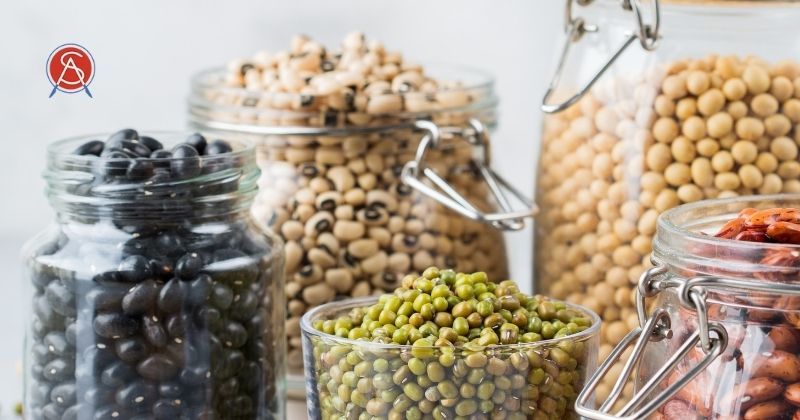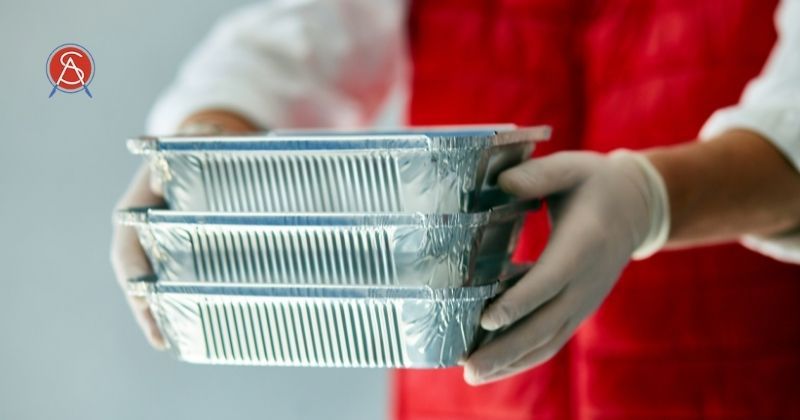Blog Archives
Where Caffeine Fits in to Your Post-Op Lifestyle

Before bariatric surgery we may not have thought twice about having a few cups of coffee or some tea. Caffeine was only a concern as we got closer to bed and worried about staying up all night. However, caffeine must be understood and moderated after bariatric surgery for several reasons.
Maintaining Muscle Mass after Bariatric Surgery
While our quest for health and wellness didn’t begin with bariatric surgery, it may have very well been the jumpstart we needed to start looking at our lives and our health through a different lens. Of course, the naysayers would have you believe we are taking the “easy way out,” but nothing could be further from the truth.

Bariatric surgery is essentially the framework around which our new lifestyle and health choices can be organized. A framework does not mean the trophy. The framework is merely the path on which we must walk the walk in order to achieve our ultimate goal.
The good news, however, is the trophy is attainable, and if you really think about what it took to choose bariatric surgery, you’ll realize the victory is already within your grasp. To have made the decision to undergo bariatric surgery took a combination of guts, self-education, and faith — all necessary for any major lifestyle change.
Comparing LINX to Traditional Fundoplication For GERD

Traditionally, patients suffering from chronic acid reflux or severe gastroesophageal reflux disease (known as GERD) were treated with a minimally invasive surgical procedure known as a fundoplication. Essentially, the fundoplication takes the upper part of the stomach and wraps it around the lower part of the esophagus to increase pressure on the lower esophageal sphincter or LES and reduce or even completely eliminate the incidence of acid reflux. Indeed, the fundoplication comes in three flavors. First is the Nissen or total 360° wrap, the Toupet or 270° wrap and the Dor or 180-200° wrap. The latter two are modified Nissen fundoplications to minimize some of its risks.
While the fundoplication is extremely effective and generally well tolerated by most patients, it does come with several risks and considerations that ultimately led to the development of the LINX reflux management system. Unlike the surgical wrap performed during a fundoplication, the LINX system involves a bracelet-style device with magnetic clasps to wrap around the LES. It is about the diameter of a quarter ( SILVER DOLLAR). The bracelet can expand and contract to allow food and drink to pass through the LES easily.
Why Carbs Aren’t the Enemy

You have probably tried to cut out carbs from your diet in an attempt to lose weight. And who can blame you? We’ve become anti-carb as a result of misinformation and overconsumption. The truth is too much of anything is not good for you, and that rule goes for carbs as well. Furthermore, there are good carbs just as there are bad ones, and today we will tell you how to know which is which.
BMI: What Does It Mean and is it Useful?

If you have had a conversation about your weight, the Body Mass Index (BMI) has probably been discussed. As you may know, your BMI comes from a formula that compares your weight to your body’s surface area. The product of this formula is a number that can be used to classify your body type into four categories: underweight; normal weight; overweight; and obese. According to recent statistics, the United States ranks #1 in the world for obesity among larger countries with an average BMI of 28.8 and a 36 percent obesity rate.
When to See a Doctor About Abdominal Pain
“Is it a stomachache or is it something more?” is a question some of us will face when we are experiencing abdominal pain. Abdominal pain is rather common, and it is usually nothing too serious. The idea of abdominal pain being a symptom of a serious condition is scary, but there are things to look out for when deciphering your pain.

Tackling Takeout While Trying to Make Better Lifestyle Choices
It seems for years we’ve had people shouting at us to “eat this,” but “definitely not that.” While in theory it’s a terrific mantra, sometimes you’re faced with options that simply don’t fit into any wellness program on the planet. Many of us were faced with this dilemma during lock-down, and the subsequent months (year!) of take-out dinners, Styrofoam boxes, and post-fast-food regret. “But it’s the only option we had.” We hear you. And we all partook in said Styrofoam party.

But with the dawning of these new days, and more dining options opening up, we are again confronted with a new sort of dilemma. Making better choices — with more choices available — in what we bring home for dinner.
Mindful Eating. What Is It and Why Does It Matter?

Mindfulness plays a very important part of the postoperative lifestyle. Mindfulness is a very simple concept – to be in the present moment when performing various activities. For a bariatric patient that might be understanding and appreciating the eating process as it is happening. We spend a good portion of our lives in or around the kitchen or at restaurants eating, grazing, or drinking. However, as we do these things, we are rarely focusing on what we are doing and what is going in our bodies. Often, we are distracted by conversation, television, driving or other stressors and distractions in our lives. The result is we can’t fully appreciate our food, and we don’t even necessarily know what we are eating. While this may seem trivial, it makes it more difficult for us to control what we eat and to appreciate and enjoy the new lifestyle that we are embarking upon. Enjoying and understanding the food we are eating makes for a better postoperative experience, can allow us to understand our eating patterns, and generally slows us down during the times we need calm the most.
New Data Showing Walking Without Shoes May Be Beneficial

A recent study has shown that shoes, and especially those with a significant amount of padding, may actually be detrimental to the long-term health of our feet, ankles and musculoskeletal system in general. Of course, our feet are usually the only parts of our bodies touching the ground and take the brunt of the shock we experience every time we take a step. It’s tempting to think sneakers and other padded shoes offer an unquestionable benefit of mitigating some of that shock – and this is true to some degree. Those with spinal cord issues or musculoskeletal problems may certainly benefit from padded, impact absorbing footwear. But, for people with healthy bones and joints, wearing shoes may actually weaken the ankle, change our walking gate and cause posture and alignment issues longer-term.
Excess Weight Seems to Be Correlated to Hospitalizations, Ventilators and Death In Covid Patients

Dramatic, but generally unsurprising information has come from the CDC recently regarding hospitalizations and deaths due to COVID-19. From very early on in the pandemic, it was clear excess weight was a significant risk factor for serious COVID complications. On March 8th, The CDC released study data that shows almost 80% of people hospitalized for COVID were overweight or obese. A full 50% of hospitalized patients were obese while approximately 28% were overweight. Similarly, patients with a body mass index of less than 25 had the lowest risk of hospitalization and death.

